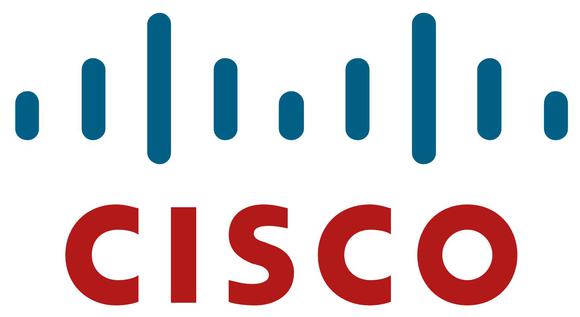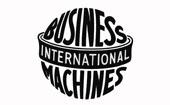
The Dow Jones Industrial Average (DJINDICES: ^DJI) has retreated 0.3% in early-afternoon trading following Wednesday's 78-point advance. The market was broadly mixed as investors digested mixed economic news and the fallout from new economic sanctions against Russian aggression in the Crimea region.
Meanwhile, Cisco Systems (CSCO +0.27%) CEO John Chambers was in the press touting a much longer-term consideration for investors.
In an editorial piece penned over at Fortune.com, Chambers laid out the case that the "Internet of things" is no longer a futuristic pipe dream of technologists and futurists. According to Chambers, the Internet of things is already here -- and it's thriving.
What is the Internet of things?
The Internet of things is a reference to a fully interconnected digital world. People and objects from around the world would be connected by the Internet, constantly communicating to make the world a better, more efficient place. Chambers describes the concept not as a new technology, but as the convergence of myriad existing capabilities into a new and far more useful ecosystem.

The Internet of things is a massive network connecting sensors, servers, and smartphones to one another. It's the massive cloud servers that store the troves of data produced by all these points in the network. It's the software and analytics that take this data, filter it into useful information, and present the results in an actionable way to improve the lives of people around the world.
For example, the air conditioner in your house can sense when you are home and adjust the temperature accordingly. The lights in your home could be turned on or off remotely with your smartphone to save energy.
Or, in the future, sensors connected to parking spaces could be configured to minimize the time and effort it takes to find a parking spot at the mall, on a city street, or at a sporting event; you simply fire up your smartphone, which is connected wirelessly to the same network as the parking space sensors, and voila -- the "Internet of things" guides you to the nearest available spot to leave your car.
The possibilities are endless, and of course, Chambers thinks Cisco will be the network company that pioneers this brave new world. In terms of executing on this vision as a long-term strategy, Cisco is putting billions of dollars into making it a reality. The Internet of things is not just a concept at Cisco; it's the future of the company.
The Internet of things will be a boon to other companies as well

Earlier this week, Dow component IBM (IBM 0.93%) announced a partnership with iPhone maker Apple (AAPL 0.31%). This strategic partnership will bring Apple's phones and tablet products, which have dominated the consumer realm for a decade, deep into the business world.
The deal allows IBM to provide the user interface that people demand -- that is to say, the iPhone -- backed by IBM's back-end technologies in database management, storage, and analytics.
Taking a step back, this partnership is completely aligned with the long-term vision laid out by Cisco's John Chambers. Let's break it down.
First, everyone loves a smartphone. They're everywhere. Just go to any public place and take a look around; everyone is looking at their smartphone. But you already knew that.
The smartphone or tablet (or even the laptop) is at one end of the Internet of things: It is where human beings interact with the network. It's the output. On the other end, there is the input. That's the sensors and tracking software on the Internet, attached to your thermostat, your TV, or your car. That's where the network collects the raw data.

Between the input and the output are two critical components. First, perhaps most obviously, is the network itself -- the servers, routers, and switches that communicate from end to end and then store the troves of data being collected across the network.
Second is the analytics software that makes sense of the data. Remember when IBM's supercomputer, Watson, appeared on the TV show Jeopardy! and dominated the competition? Well, Watson is probably the most well-known example of this next-generation analytics software.
From concept to profits
Who, then, stands to benefit from an Internet of things? People do, of course. We all want to save money and improve our standard of living through technology and automation. But financially, companies that manufacture the smartphones and tablets (read: Apple) will benefit.
The companies that develop the software to run the network and analyze and filter all that data (read: IBM) will benefit as well.
And let's not forget the companies that manufacture and develop the actual network hardware, the wireless routers, the switches, and the servers (you got it: Cisco).